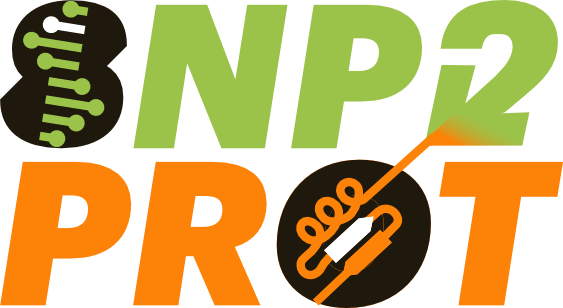Impact of natural LPR1 proteoforms on Fe-dependent phosphate sensing
External inorganic phosphate (Pi) availability profoundly affects plant performance. When facing Pi limitation, often caused by antagonistic Fe:Pi interactions, plants enhance Pi recycling and acquisition by reprogramming metabolism and root development. In Arabidopsis (A. thaliana), cell wall-localized multicopper ferroxidase LOW PHOSPHATE ROOT 1 (LPR1) is a key determinant of Fe-dependent Pi sensing by root tips. LPR1 function is highly sensitive to substrate (Fe2+) availability, which is restricted by Pi co-occurrence. Constitutive LPR1 protein expression suggests LPR1 ferroxidase activity governs root tip growth in low Pi. LPR1-dependent Pi sensing is likely conserved in land plants because Arabidopsis LPR1 typifies an ancient ferroxidase family that evolved in Terra-bacteria. Land plant progenitors acquired bacterial LPR1-type ferroxidase, facilitating the evolution of Pi sensing and Pi acquisition. To date, analysis of LPR1 function in planta has been limited to null alleles and site-directed mutagenesis. Project C03 will study the impact of allelic LPR1 diversity on biochemical properties of LPR1 variants in relation to Fe-dependent Pi sensing.
We will focus on select LPR1 proteoforms to compare biochemical (enzymatic) properties, functional regulation in planta, protein-protein interaction by proximity labelling and cross-linking MS as well as consequences for Fe-dependent root Pi sensing in different growth (soil) conditions. In addition, we plan to solve crystal structure(s) of LPR1Col-0, the prototypic bacterial LPR1-type ferroxidase, which will precisely rationalize functional LPR1 proteoform diversity and provide insight into LPR1-type ferroxidase evolution.
Dr. Christin Naumann
Leibniz Institute for Plant Biochemistry (IPB)
Dept. of Molecular Signal Processing
Prof. Dr. Steffen Abel
Leibniz Institute for Plant Biochemistry (IPB)
Dept. of Molecular Signal Processing



